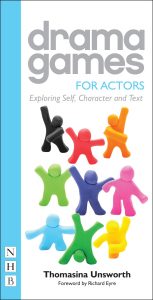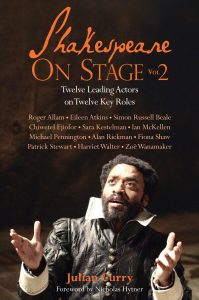
I was bowled over by Chichester Festival Theatre’s Caroline, or Change this week. How could anyone listening to that score and Sharon D Clarke’s singing (think Kathleen Ferrier spliced with Ella Fitzgerald) and doubt that this is real, fully fledged opera? There is barely a spoken word and Jeanine Tesori uses counterpoint in her music to allow different characters to express individual thoughts and feelings in exactly the same way that Mozart and Verdi did.
As I’ve said before I think the division usually made between musical theatre and opera – with the implication that the former is inferior to the latter – is utterly spurious. It is all musical theatre. Opera is simply one form of it. Perhaps we should adopt Wagner’s term Music Drama and be done with it.
At the same time as reflecting on all this, I have – coincidentally – been talking, this week, to Hilary Boulding, outgoing principal of Royal Welsh College of Music and Drama and to Angela Livingstone who is Head of Opera, Vocal Performance and Choral Conducting there. Discussing RWCMD’s post graduate opera programme, they both stress that there’s much more to opera than singing – although of course the voice and training it to fill a large auditorium without amplification are crucial. Hilary and Angela talked about the need for acting, collaboration and business skills – as well as clear understanding or how the industry works and the protocols successful performers learn to observe.
All of that was as clearly in evidence in the sparkily original Caroline, or Change – with its large, diverse talented cast impeccably directed (by Michael Longhurst) – as in any performance I’ve seen of Turandot or Fidelio. So let’s stop pussyfooting around with the O-word.



 Photo by Johan Persson
Photo by Johan Persson


